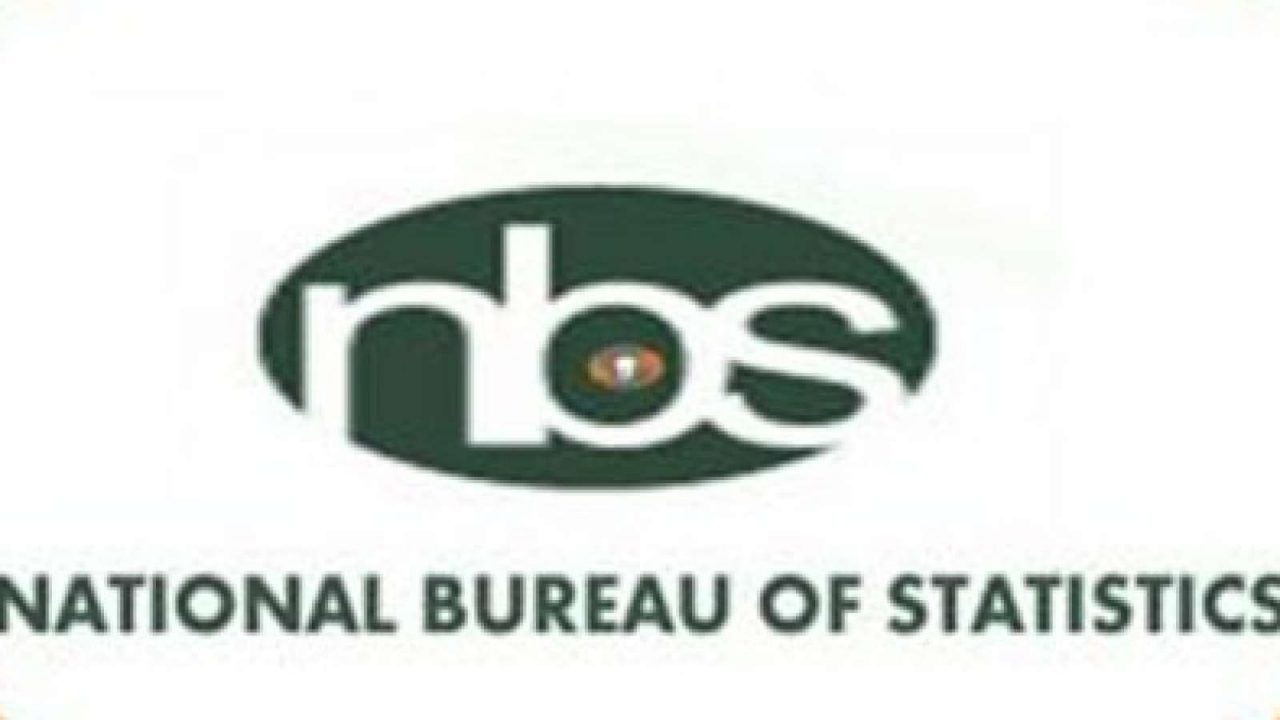The National Bureau of Statistics said that the total value of capital importation into Nigeria stood at 8,485 million dollars in the first quarter of 2019.
The bureau said this in its “Nigerian Capital Importation Report” for July 2019 published on its website.
The News Agency of Nigeria reports that under the Nigerian law, it is required for every foreigner investing in a local business in the country to procure a Certificate of Capital Importation.
The CCI procured is on the inflow of foreign currency, raw materials or equipment imported into the country, confirming an inflow.
The certificate is issued by a Nigerian bank and in the name of the applicant’s company.
The primary purpose of the CCI is to guarantee access to the official foreign exchange market for repatriations of capital and returns on investment.
The NBS also said in its report that the total value of capital importation represented an increase of 216.03 per cent compared to the fourth quarter of 2018.
It also represented an increase of 34.61 per cent compared to the first quarter of 2018.
The bureau said that the largest amount of capital importation by type was received through Portfolio investment, which accounted for 84.21 per cent (7,145.98 million dollars) of total capital importation.
This was followed by Other Investment, which accounted for 12.91 per cent (1,096.15 million dollars) and Foreign Direct Investments, which accounted for 2.86 per cent (243.36 million dollars) of total capital imported in 2019.
The report said that by sector, capital importation by banking dominated the first quarter of 2019 (Q1 2019), reaching 2,851.07 million dollars the total capital importation in Q1 2019.
The United Kingdom emerged as the top source of capital investment in Nigeria in Q1 2019 with 4,531.22 million dollars, accounting for 53.40 per cent of the total capital inflow in Q1 2019.
By Bank, Stanbic IBTC Bank Plc emerged top of capital investment in Nigeria in Q1 2019 with 3,606.09 million dollars accounting for 42.50 per cent of the total capital inflow in Q1 2019.
The bureau noted that the data for the report was supplied administratively by the Central Bank of Nigeria verified and validated by the NBS.
Trending
- How I survived in kidnappers’ den – General Tsiga
- ICPC unveils five thematic areas to combat corruption, enhance fiscal transparency in LGs
- Senate will consider tax reform bills after resumption, Bamidele reveals
- Natasha: Constituents thank INEC for recognising 208,132 signatures
- Umahi apologises for Independence Bridge closure, vows disciplinary action
- New NNPC Group CEO: Brilliance, experience, acumen, by Kunle Akogun
- Oyebanji unfolds infrastructure upgrade plan for EKSU
- Yabatech blazes trail in gender response pedagogy training, certification in tertiary institutions


